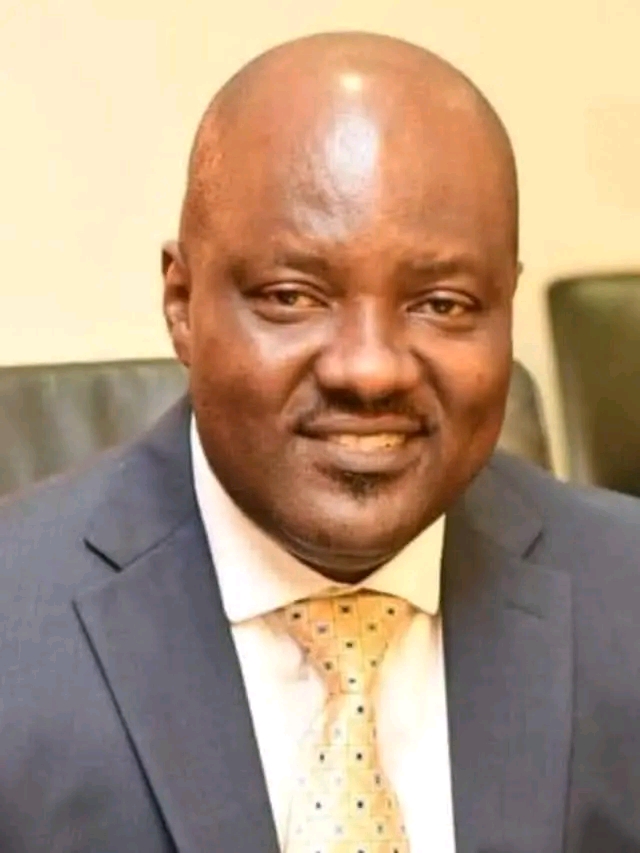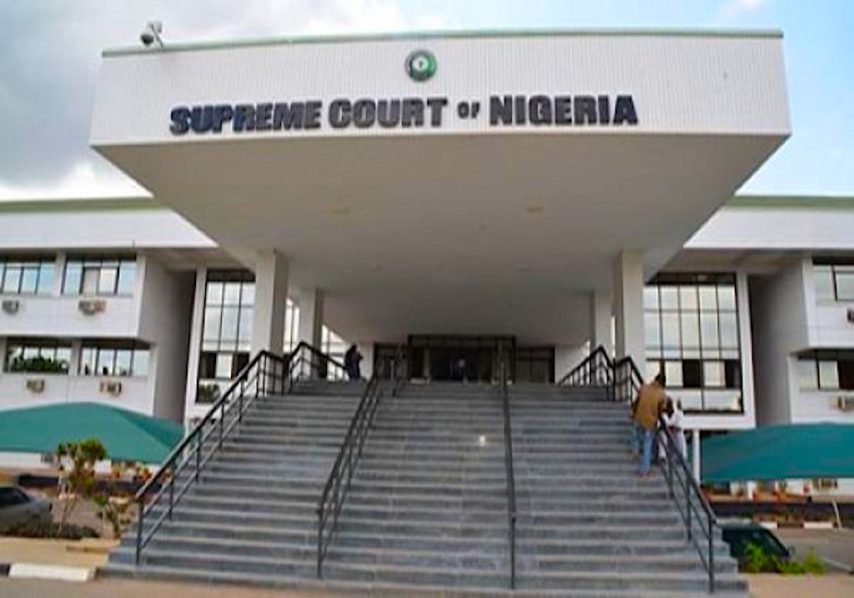Despite a landmark Supreme Court judgment mandating direct allocation to local councils, state governments have retained control of over ₦4.5 trillion meant for local government areas (LGAs) across Nigeria.
On July 11, 2024, the Supreme Court ruled that Nigeria’s 774 LGAs must receive their federal allocations directly, cutting out state intermediaries. The court declared the long-standing method of routing funds through state governments as unconstitutional and ordered the Central Bank of Nigeria (CBN) to open separate accounts for each LGA to enable compliance.
But 12 months later, that ruling remains largely ignored. Data from the Federation Account Allocation Committee (FAAC) reveals that ₦4.496 trillion was allocated to LGAs between July 2024 and June 2025 about 24.87% of total federal allocations—but most of it is still being managed by state governments.
Although the Federal Government announced the creation of a multi-agency committee to oversee the process and directed the CBN to open accounts for the LGAs, very few local councils have opened or activated their CBN accounts.
Officials from the Ministry of Justice and the Office of the Secretary to the Government of the Federation (SGF) blame bureaucratic delays and political resistance. A source in the Attorney General’s office noted that the AGF has done his part, and that the delay lies with state-level actors and other committee members, including the Minister of Finance and ALGON representatives.
Labour leaders and senior legal practitioners have expressed frustration at the lack of progress. The Association of Local Government Employees (ALGON), Nigeria Labour Congress (NLC), and National Union of Local Government Employees (NULGE) all report that most states have not complied, and local councils remain financially dependent on state governments.
In states like Kwara, Kano, and Benue, local governments have yet to open CBN accounts or receive direct allocations. In Gombe and Bauchi, union officials confirmed that although paperwork has been done, the actual disbursement remains centralized at the state level.
The Bayelsa and Jigawa governments argue that their versions of autonomy via joint allocation committees or limited deductions—still respect local control, but critics say these fall short of true independence.
Adamawa State stands out as the only confirmed state where LGAs reportedly receive direct funding from the Federation Account. According to the state ALGON chairman and Commissioner of Finance, Governor Ahmadu Fintiri granted full local government autonomy before the Supreme Court ruling.
Prominent lawyers including Mike Ozekhome (SAN), Femi Falana (SAN), and Adedayo Adedeji (SAN) have condemned the non-enforcement of the Supreme Court’s decision.
Falana called out the Federal Government and the AGF for failing to ensure compliance, describing it as “a betrayal of justice.” He also questioned the rationale behind demanding two years of audited financials from LGAs that had no direct access to their funds.
Professor Itse Sagay (SAN), however, noted that the court’s decision, while progressive, contradicts the current constitutional provision on the State Joint Local Government Account, and would need a constitutional amendment to be fully legal.
Ozekhome, on the other hand, insists that the judgment is clear and binding under Section 287 of the 1999 Constitution, which mandates that all authorities, including governors, must obey Supreme Court rulings.
While Nasarawa and Jigawa claim near-compliance, actual direct disbursements from the federal purse to LGs remain absent. Some local government leaders, particularly in Benue, expressed frustration that despite receiving hundreds of millions monthly on paper, their real spending power is reduced to mere fractions under the control of state executives.
The failure to implement the court’s decision is now widely seen as a systemic issue tied to political interests and lack of accountability.
Until stronger enforcement is undertaken by the Federal Government or the Constitution is amended to remove ambiguity, true local government autonomy in Nigeria may remain a legal victory without real-world effect.





